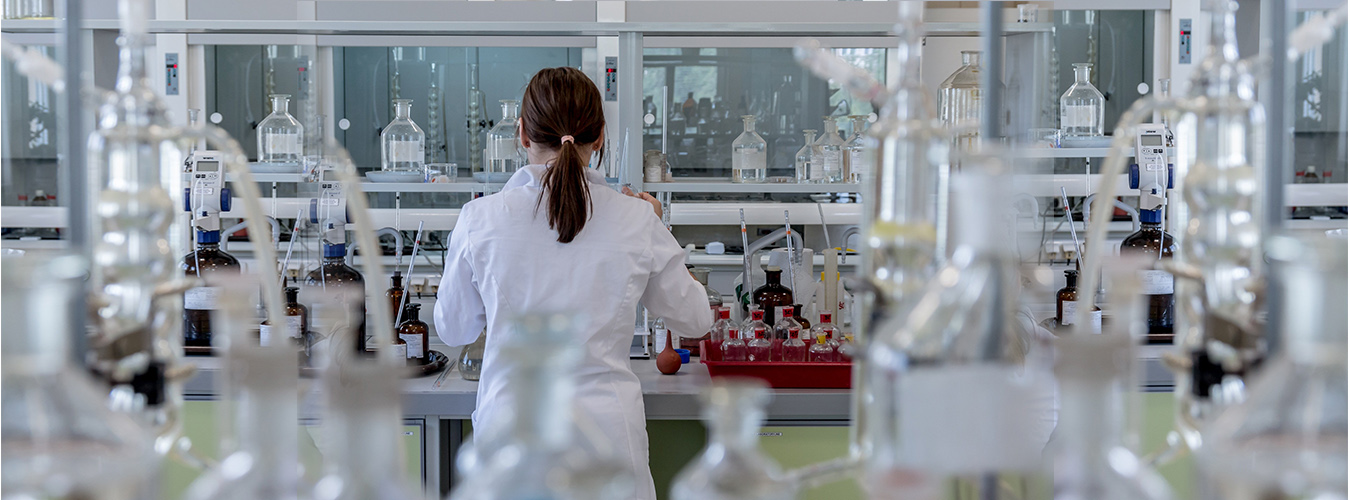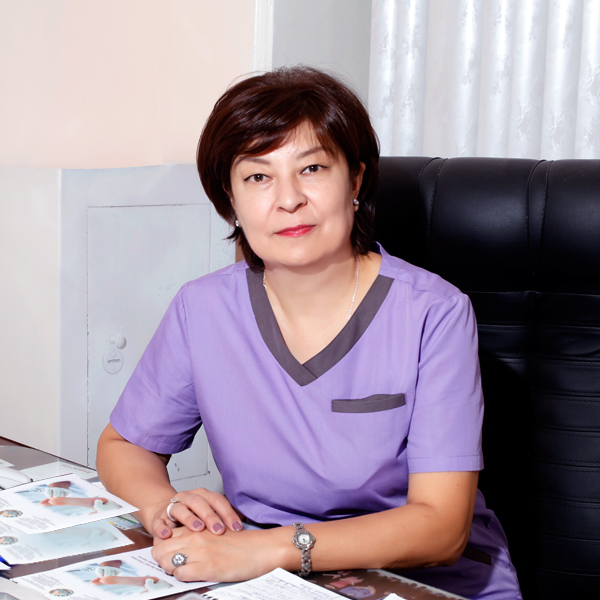

Head of the Department of the Central Clinical Diagnostic Laboratory:
Saidova Saodat Khadzhiakbarovna
Doctor-laboratory assistant.
The Central Laboratory of the RSNPMC Endocrinology was organized in 1990 on the basis of the clinical, biochemical and hormonal laboratories of the Research Institute of Endocrinology of the Academy of Sciences of the Republic of Uzbekistan. In the 90s, the laboratory carried out 100-150 thousand studies per year.
Central Clinical Diagnostic Laboratory (TsKDL) RSNPMTSE them. YO.Kh. Turakulova of the Ministry of Health of the Republic of Uzbekistan today allows conducting research
- general clinical;
- hematological;
- biochemical;
- hormonal;
Priority areas for the work of the CCDL:
- laboratory support for the diagnosis of various endocrine and concomitant diseases;
- monitoring laboratory parameters during the treatment process;
- development and implementation of new diagnostic tests;
- execution of scientific programs;
To solve these problems, the laboratory performs more than 500,000 laboratory tests per year, including indicators of protein, lipid, carbohydrate and mineral metabolism, hemostasis, hormonal status, clinical blood and urine tests. Research is carried out on the day the samples are delivered to the laboratory, if necessary - within 1-1.5 hours
TsKDL is equipped with modern diagnostic equipment, which allows to carry out studies with high accuracy at a qualitative level. Among them are biochemical automatic analyzers BS-380, BS-200 and a semiautomatic device. analyzer VA-88A for biochemical analysis of blood and urine, hematological automatic analyzer BC-300 for general blood analysis, immunochemiluminescent analyzer COBAS e411 for hormonal research.
Laboratory research carried out at the CDL:
General clinical trials:
Blood:
- Blood test on a hematological analyzer;
- Calculation of the leukocyte formula with a description of the morphology of blood corpuscles;
- ESR;
Urine :
- Physicochemical properties of urine and microscopic examination of sediment;
- Counting the number of formed elements in the urine sediment by the Nechiporenko method;
- Urine tests according to Zimnitsky;
- test for acetone;
Serological and isoserological studies:
- Blood type and Rh factor;
- Antistreptolysin O;
- Rheumatoid factor;
- C-reactive protein;
Biochemical research:
Blood:
- ALT;
- Albumin;
- Alpha amylase gen.;
- AST;
- Bilirubin;
- GGT (γ-glutamine transferase);
- Glycated hemoglobin;
- Glucose;
- Iron;
- Potassium;
- Calcium total;
- Creatinine;
- Creatine phosphokinase;
- Magnesium;
- Uric acid;
- Urea;
- Sodium;
- Total protein;
- Triglycerides;
- Troponin;
- Alkaline phosphatase;
- Phosphorus;
- Chlorides;
- LDL cholesterol;
- HDL cholesterol;
- Total cholesterol;
Urine :
- Creatinine;
- Albumin (MAU);
- Protein (amount) in daily urine;
- Uric acid;
- Calcium;
- Sodium;
- Phosphorus;
- Glucose;
Hormone Research:
- Hormones and their metabolites;
- Thyroid stimulating hormone (TSH);
- Total thyroxine (T4);
- Free thyroxine (over T4);
- Total triiodothyronine (T3);
- Free triiodothyronine (free T3);
- Growth hormone (STH);
- Parathyroid hormone (PTH);
- Vitamin D;
Tumor markers:
- CA 125;
- CA 15-3;
- Thyroglobulin (TG);
Immunoassay:
- Antibodies to TPO;
- Antibodies to TG;
- Antibodies to TSH receptors;
 Make an appointment
Make an appointment log in
log in 